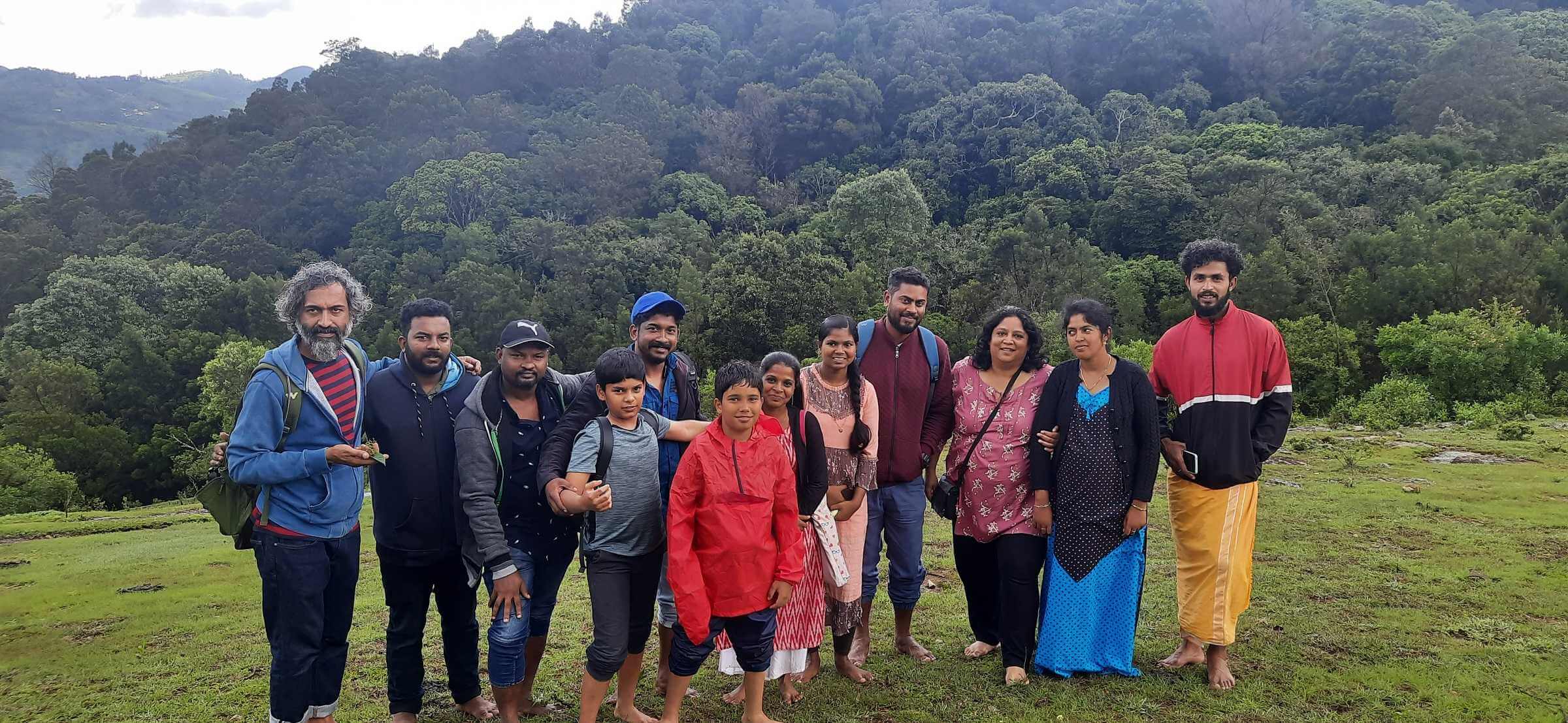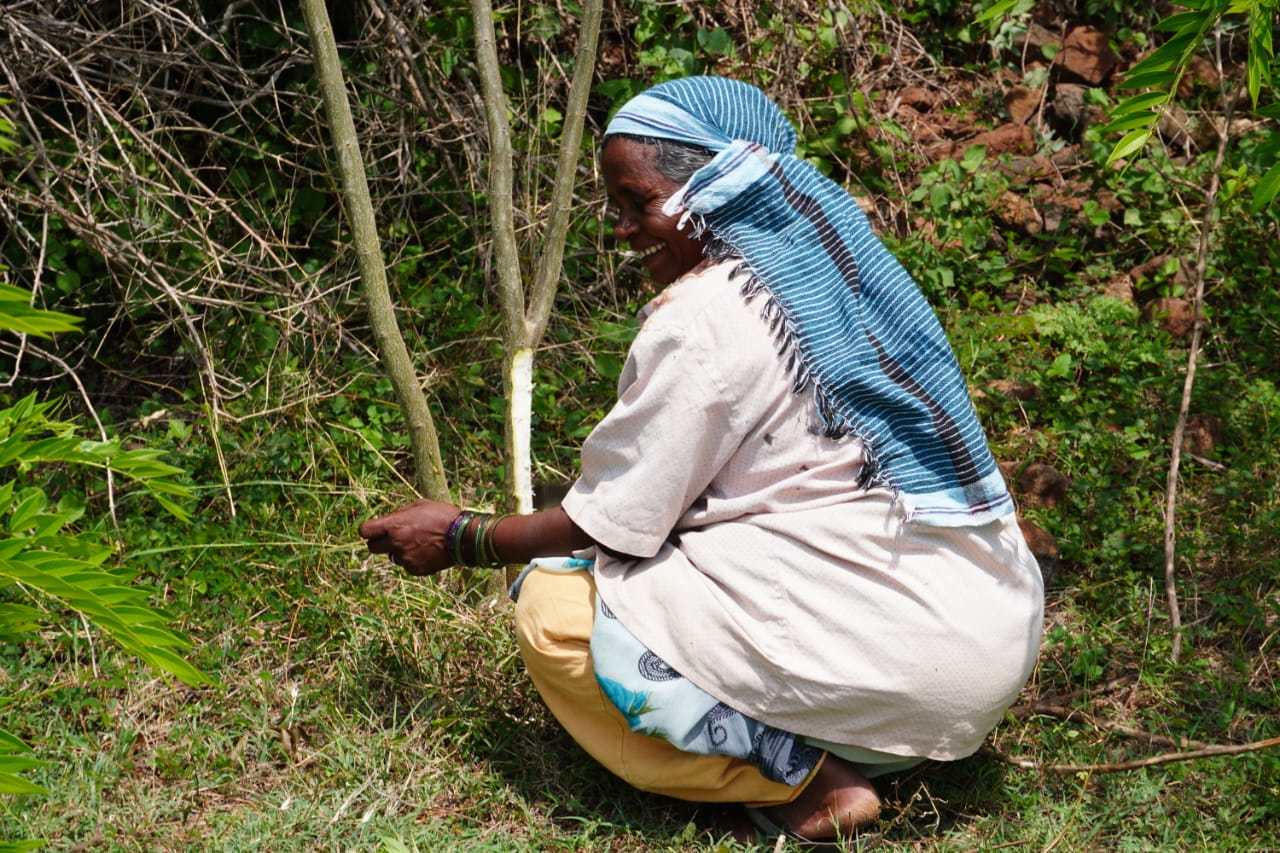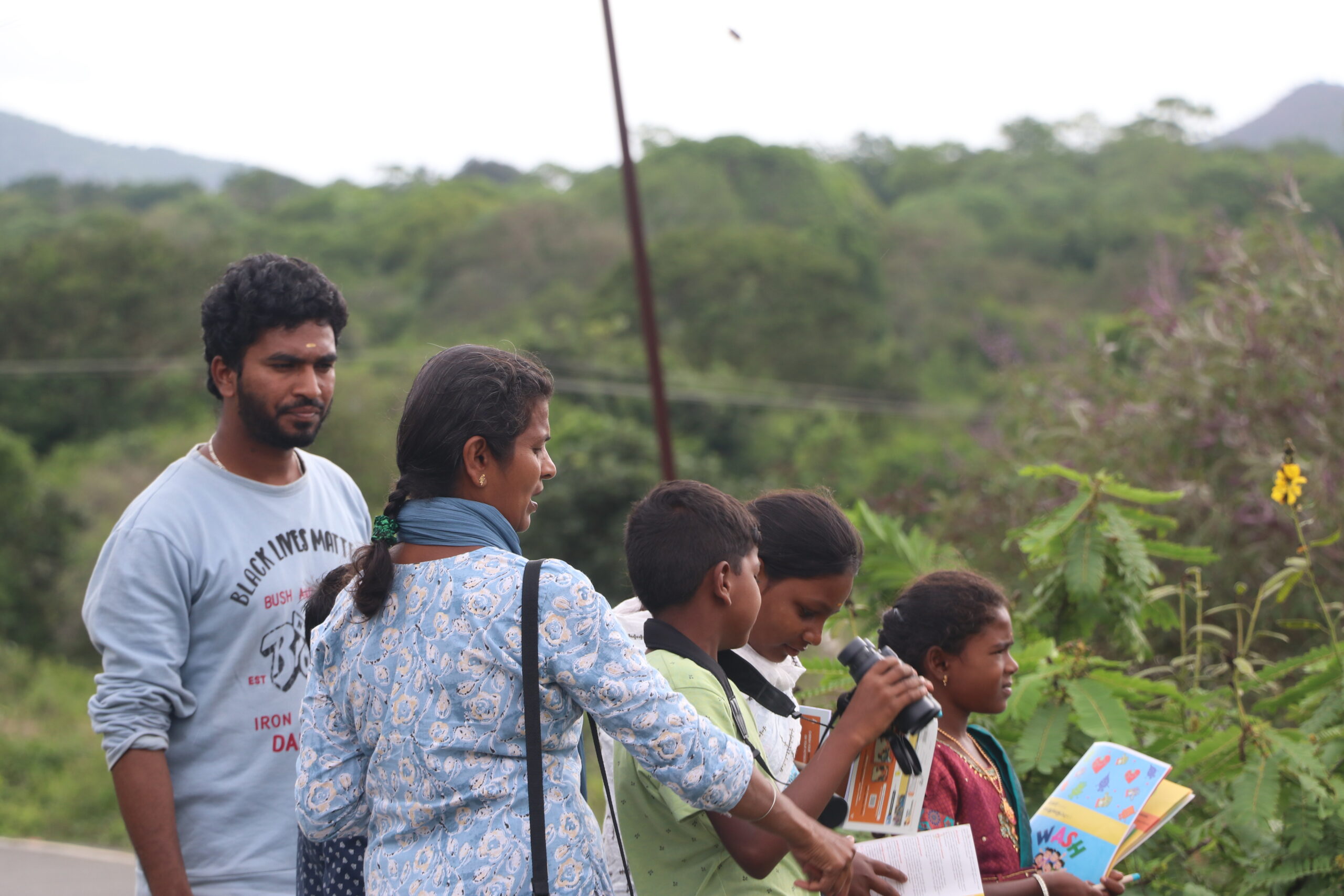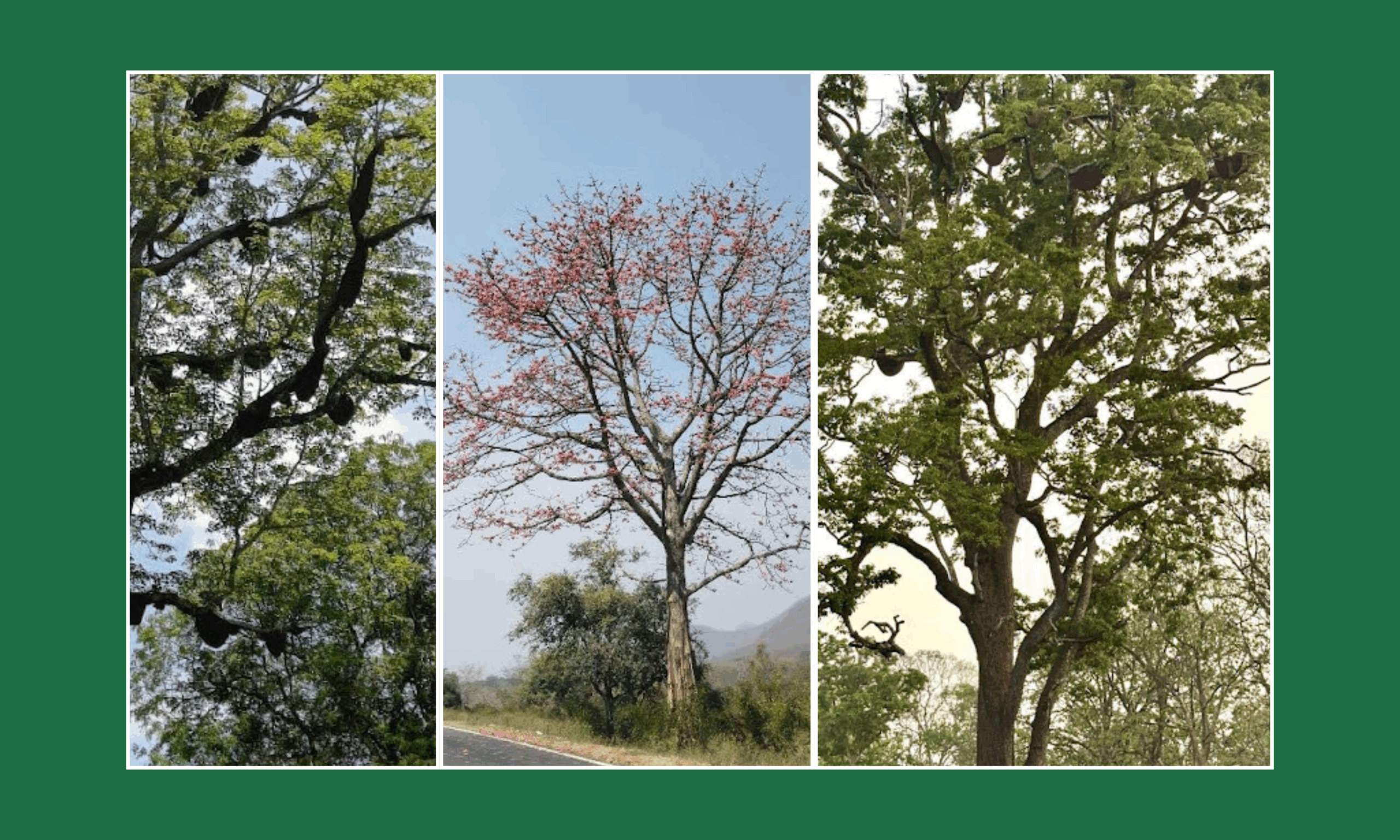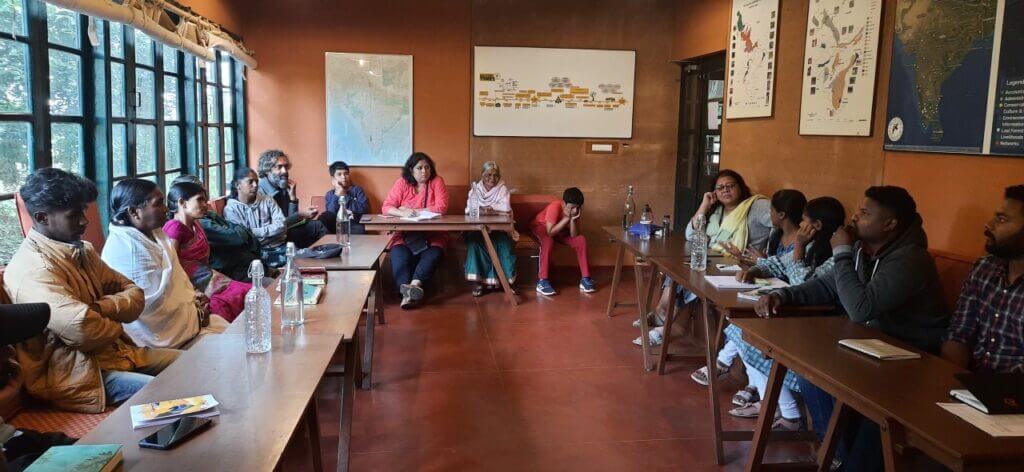
An ongoing project with the British Academy, titled ‘The Ownership of Public Histories’ or TOPHI for short, has supported indigenous groups who have been engaged in conversations and community research on community histories, traditional knowledge, documentation of traditional cultural expressions and building resources for aiding intergenerational knowledge transfer. A key component of the project has been to organise researcher weeks/weekends for developing methods and pedagogies for the researchers on community histories and community-based action. A few workshops and consultations have been organised with elders and enthusiasts from the Paniya, Kattunaickan and Muthuvan communities in Nilambur; and Toda, Kota, Irula, Kurumba communities in Nilgiris over the last year.
The month of June saw another workshop along themes of public histories, organised by the PNC team. This time we were joined by the project partners, Aparna Vaidik (Prof., Department of History, Ashoka University) and Maya Dodd (Associate Professor, Dept of Humanities and Languages, FLAME University). The workshop participants included a few senior reporters from the Nilgiri Seemai Suddhi (indigenous newsletter); representatives from Radio Kotagiri 90.4Mhz (community radio), Kwol Radio (wifi mesh radio at Aracode), Community Fellows and representatives of Thoduve Community Foundation.
The workshop extended over three days – beginning with a field visit to Bikkapthy mund to engage with the Toda community researcher Monthish, and be part of their salt-pouring festival. The next two days of the workshop sessions explored ideas of history practised in multiple contexts through interactions between academicians and community-based researchers. At all times, all discussions were being translated in three languages – Tamil, Malayalam and English. The polyphonic and multilingual nature of discussions itself contributed to interesting insights into community lives and notions of the ‘past’. The project is designed to contest the hegemonic nature of global historical discourses which privileges the written over the unwritten.
The indigenous researchers from the Nilgiri Biosphere Reserve have a lot to contribute in this process as they are all communities based on oral traditions. The discussions made for lively unpacking of notions of western time, codification of space through maps, indigenous understandings of historical time. The participants also pursued questions about practice, especially in undertaking historical research within their own communities; they mediated over their motivations of undertaking such exercise and the new emerging possibilities of pedagogies which intersperse their lived experiences with history teaching-learning at their local contexts. The week-long engagement with the project partners helped in ascertaining forward plans in consultation with the larger team, the first of which will be to develop a public web resource for sharing the multiple public history engagements currently ongoing across the country.

